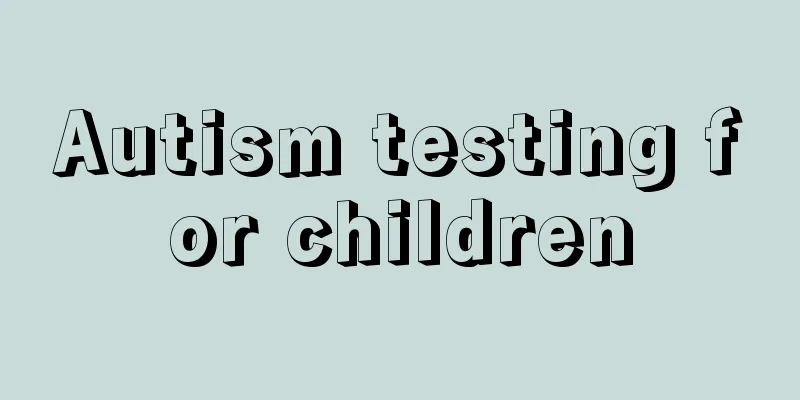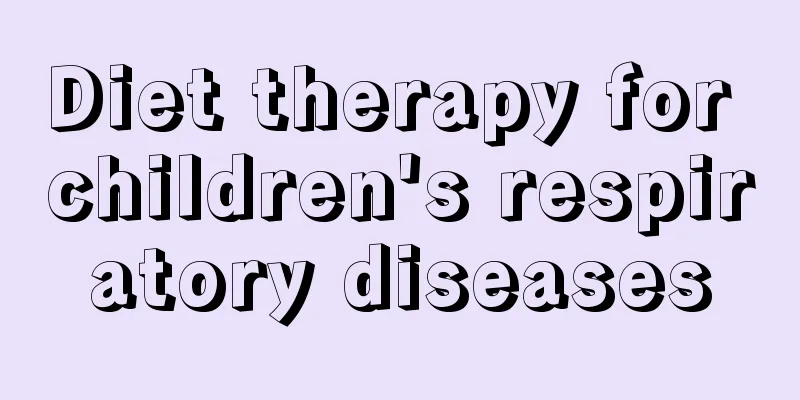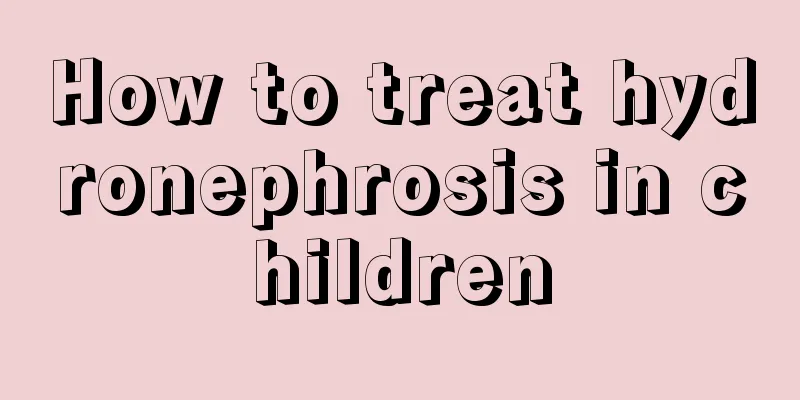What medicine should babies take to treat jaundice?

|
Almost all babies will have jaundice after birth, but this is mostly a normal phenomenon and does not require special treatment. Some newborns have problems because of the delayed jaundice. If the jaundice does not go away, it may lead to the occurrence of disease. At this time, jaundice needs treatment. But what medicine can babies take to reduce jaundice? Generally speaking, the way to reduce jaundice is to use blue light, which is fast and safe. What medicine is good for neonatal jaundice Most newborn babies will suffer from jaundice, almost more than 50% of full-term babies and more than 80% of premature babies. Their skin begins to turn yellow 24 hours after birth. Neonatal jaundice is mainly caused by the deposition of bilirubin in the body on the skin surface, which causes the skin and sclera to turn yellow. It refers to the yellowing of the skin, mucous membranes and sclera (white of the eyeball) caused by excessive destruction of red blood cells in the blood, which increases bilirubin. There are two types of neonatal jaundice: physiological jaundice and pathological jaundice. What medicine should be taken for neonatal jaundice? There are many types of medicines for treating neonatal jaundice. Parents should choose according to the actual needs of their children. It is best to use the medicine under the guidance of a doctor. Remember not to use the medicine blindly. Generally speaking, Western medicine takes effect quickly but has greater side effects, while Chinese medicine has fewer side effects but takes longer to take effect. When parents check their baby's serum bilirubin, if the bilirubin exceeds 12 mg/dl, or rises too quickly, exceeding 5 mg/dl per day. In addition to jaundice, the baby may also experience mental fatigue, less crying, less movement, less eating, or unstable body temperature. That is mostly pathological jaundice. New parents should not panic. Pay attention to the changes in the baby and take the baby to the doctor in time. Treatment of neonatal jaundice Physiological jaundice generally does not require treatment. The yellowing phenomenon will disappear on its own after 1 to 2 weeks of onset. Mothers can also feed their babies glucose water to speed up the disappearance of jaundice. Physiological jaundice can recover on its own without special treatment and will not have any sequelae after recovery. Pathological jaundice is more serious and may cause serious diseases such as kernicterus, which is life-threatening. If a baby develops jaundice within 24 hours after birth and does not subside within 2-3 weeks, or even continues to worsen or recur, or if jaundice only appears within 1 week to several weeks after birth, it is pathological jaundice. When pathological jaundice occurs, treatment is necessary. There are three main treatments for pathological jaundice: phototherapy, exchange transfusion therapy, and drug therapy. Phototherapy: This method is the simplest and most effective way to treat jaundice, and the cost of treatment is not high. First, let the baby lie in the phototherapy box, covering the eyes and genitals, and leaving the rest of the body exposed. Then use blue light irradiation for 2-48 hours, but generally not more than 4 days, until the bilirubin drops below 7 mg/dL and the treatment can be stopped. Blood transfusion therapy: Blood transfusion is the fastest and most effective method for neonatal jaundice, but it requires high medical technology and is relatively expensive. Not every baby with jaundice is suitable for blood transfusion therapy, and this therapy may also produce some adverse reactions. Therefore, this therapy is mainly used for babies with severe pathological jaundice. |
<<: Where does jaundice start to subside?
>>: Does drinking hot milk nourish the stomach?
Recommend
Primary school students holiday schedule
Every parent has the long-cherished wish that the...
What medicine should children take if they have lung heat and cough?
It is normal for children to have coughs, but if ...
When does a child no longer need diapers?
Children’s body functions are not yet perfect dur...
How many days is better to bathe babies in summer?
Babies are afraid of water and will cry and make ...
What to do if your child has eczema on his hands
Children's bodies are relatively fragile and ...
What is the reason for uneven teeth in children?
It is very common for children to have crooked te...
Children have diarrhea with mucus
Children's diarrhea with mucus is mainly caus...
The dangers of trocars
Children's bodies are not fully developed yet...
How long after feeding milk powder to drink water_How long after feeding milk powder to drink water_How long after feeding milk powder to drink water
In today's society, many babies grow up eatin...
What tests are needed for children with ADHD?
When it comes to ADHD, many parents think that it...
What factors affect children’s vision development?
With the popularity of mobile phones and computer...
What are the taboos for children to drink Chinese medicine?
Different patients have contraindications when us...
Is acupuncture effective for treating tics in children?
Childhood tics are a type of tics with a very hig...
Air conditioning temperature in baby room in summer
Nowadays, every household is equipped with air co...
What should I do if my child's butt is red?
We all know that in the process of taking care of...









